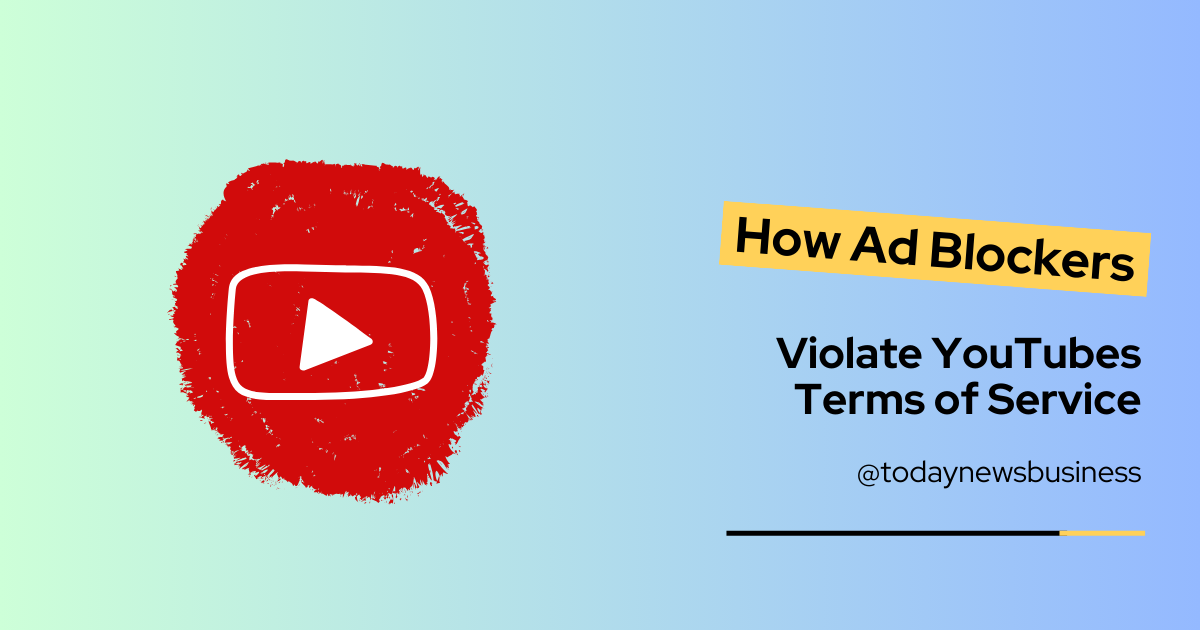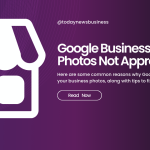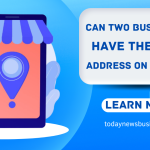It’s important for YouTube viewers to understand how ad blockers violate YouTube’s rules. When blockers stop ads on videos, it really hurts YouTube and the people who make the videos, too. In this blog post, we will cover how add blockers violate YouTube’s terms of service and how add blockers work.
We will also cover YouTube’s terms of service on ads, the roles of ads in generating revenue, the impact of ad blocking on YouTube, and alternatives to using ad blockers.
Also, read our latest blog post on the Best Alternatives to PayPal For Transferring Payments
How Ad Blockers violate YouTube’s Terms of Service
YouTube needs ads to pay creators and run the site. When you use an ad blocker on YouTube, it stops ads from showing up. This goes against YouTube’s rules. Their terms say ads must be seen for videos.
If ads aren’t seen, YouTube can’t make money to pay people who make videos. Blocking ads is like saying the rules don’t apply. It’s important for all users to understand how ad blockers affect YouTube.
How Ad Blockers Work
Ad blockers are programs you add to your browser. They work by stopping certain files from loading when you visit websites. Advertisements are often delivered through files separately from the main content.
Ad blockers make a list of these file types used for ads. Then, when you go to a site with ads, the blocker prevents the ad files from being downloaded. This keeps the ads from showing on pages. The content still appears without interruptions from pop-ups or videos playing.
YouTube’s Advertising-Supported Business Model
YouTube uses ads to pay for hosting videos so everyone can watch for free globally.
Role of Ads in Generating Revenue
YouTube needs money to pay the bills for servers, bandwidth, and other things to keep so many videos online. Ads are how YouTube gets this money. When you see ads before or during videos, YouTube earns cash.
Most importantly, the money from ads goes to the people who make the videos. This allows many creators to produce new videos as a full-time job. Without ad money, YouTube might not have enough to keep running or pay creators for their time. Ads help YouTube and creators succeed.
How Revenue Supports Creators and Platforms
The substantial ad revenue generated by YouTube supports both the creators who make videos as well as the platform itself. A portion of the earnings from ads are shared with popular channels, helping creator-owners sustain their work.
Additionally, the profits assist YouTube in covering large infrastructure costs to run servers, bandwidth needs, and staffing requirements for the massive site with billions of users worldwide. The symbiotic relationship between ads, creators, and YouTube keeps the entire video ecosystem thriving.
YouTube’s Terms of Service on Ads
YouTube’s rules document explains what is allowed for people who watch videos and for companies who pay to show ads on the site.
Key Clauses Regarding Ads
YouTube’s rules talk about how ads help the site. It says ads must be seen to watch free videos. This lets YouTube work with companies that pay to show ads. Creators also get a share of this money. The terms say blocking ads breaks an important rule.
If ads aren’t seen, YouTube can’t keep deals with advertisers or pay creators. It’s good for all users to know blocking ads goes against YouTube’s policies for using the platform.
Consequences of Violating the Terms
Blocking YouTube ads can cause problems. If YouTube finds an ad blocker is being used, it may stop videos from playing until the blocker is turned off. If a person keeps blocking ads after being warned, YouTube could suspend their account.
Everyone benefits when users follow the terms. Creators get paid, and viewers enjoy free videos. It’s smart for all to learn the policies so that YouTube and its creators stay in business.
Impact of Ad Blocking on YouTube
The broad use of ad-blocking software poses significant challenges to YouTube’s operations and long-term sustainability. Reduced earnings affect everything from creator payouts to site maintenance.
Effects on Revenue Streams
When ads are blocked, YouTube earns less revenue from advertisers. As fewer commercials are seen, income that would be shared with popular creators and used to cover the platform’s costs is reduced.
Over time, this loss of earnings can negatively impact the services YouTube provides if not addressed. The precise financial impact is unknown, but it’s clear that ad blocking poses a threat to YouTube’s advertising-supported experience, which remains free for all.
Responses From YouTube to Curb Blocking
YouTube does things to stop lots of ad blocking. It will ask you to turn off your blocker if it sees one. YouTube also wants people to get YouTube Premium so they can enjoy ad-free watching and still pay creators.
If blocking still happens a lot, access may be limited. The company’s actions help enforce the rules to keep the site running free for all while also paying the people who make the videos.
Alternatives to Using Ad Blockers
Viewers have options beyond ad blocking to customize their YouTube experience.
1. Disabling the Ad Blocker
The simplest choice for YouTube is to disable the ad blocker altogether. This allows viewing videos commercial-free while supporting the site. Ads are usually short and not overly disruptive.
Leaving blocking enabled risks account issues or limited playback. Temporarily pausing blocking is a fair compromise between convenience and following YouTube’s policies.
2. YouTube Premium Subscription
YouTube Premium is a good choice if you want to watch without ads. For a small monthly price, Premium lets you see every video commercial for free. It also gives extras like listening to audio off-screen or saving videos to watch later offline.
Best of all, Premium members still help creators since part of the fee goes to them. Many find the low cost is worth it to avoid ads and avoid risk issues from using blockers. Premium ensures the support of YouTube and video makers.




